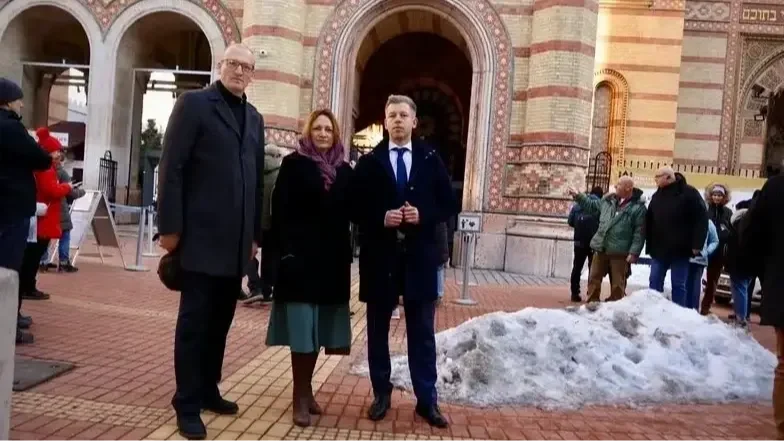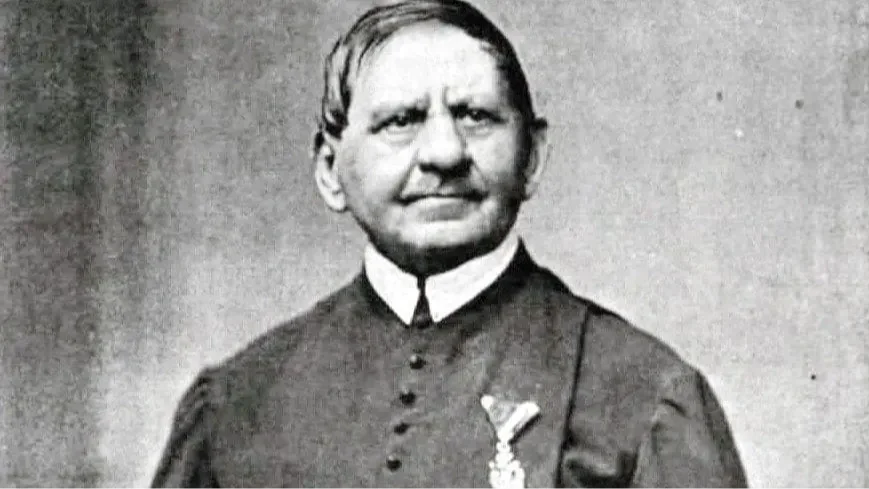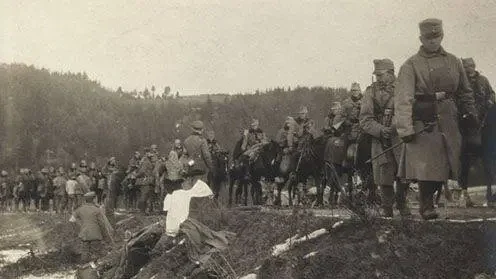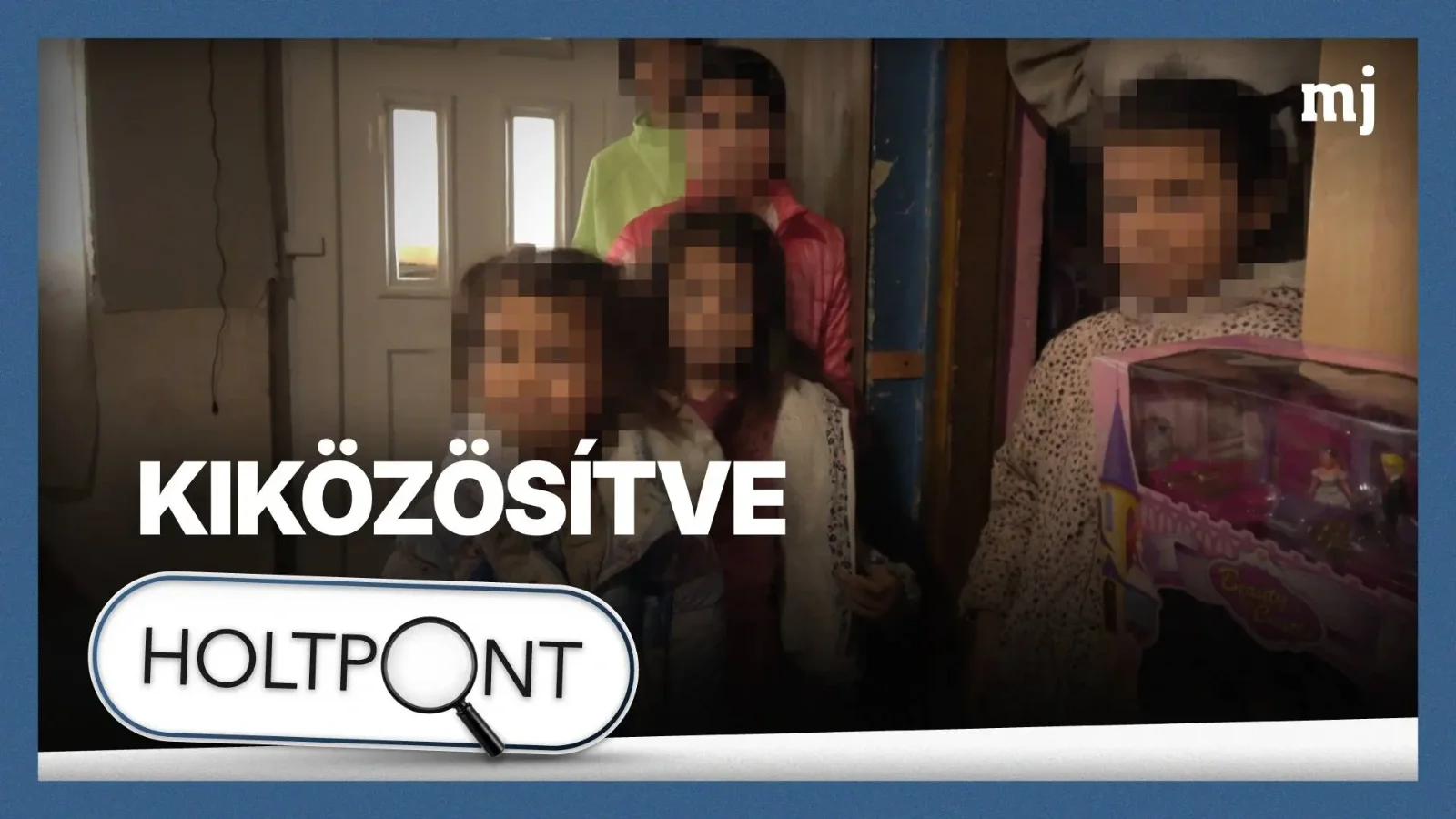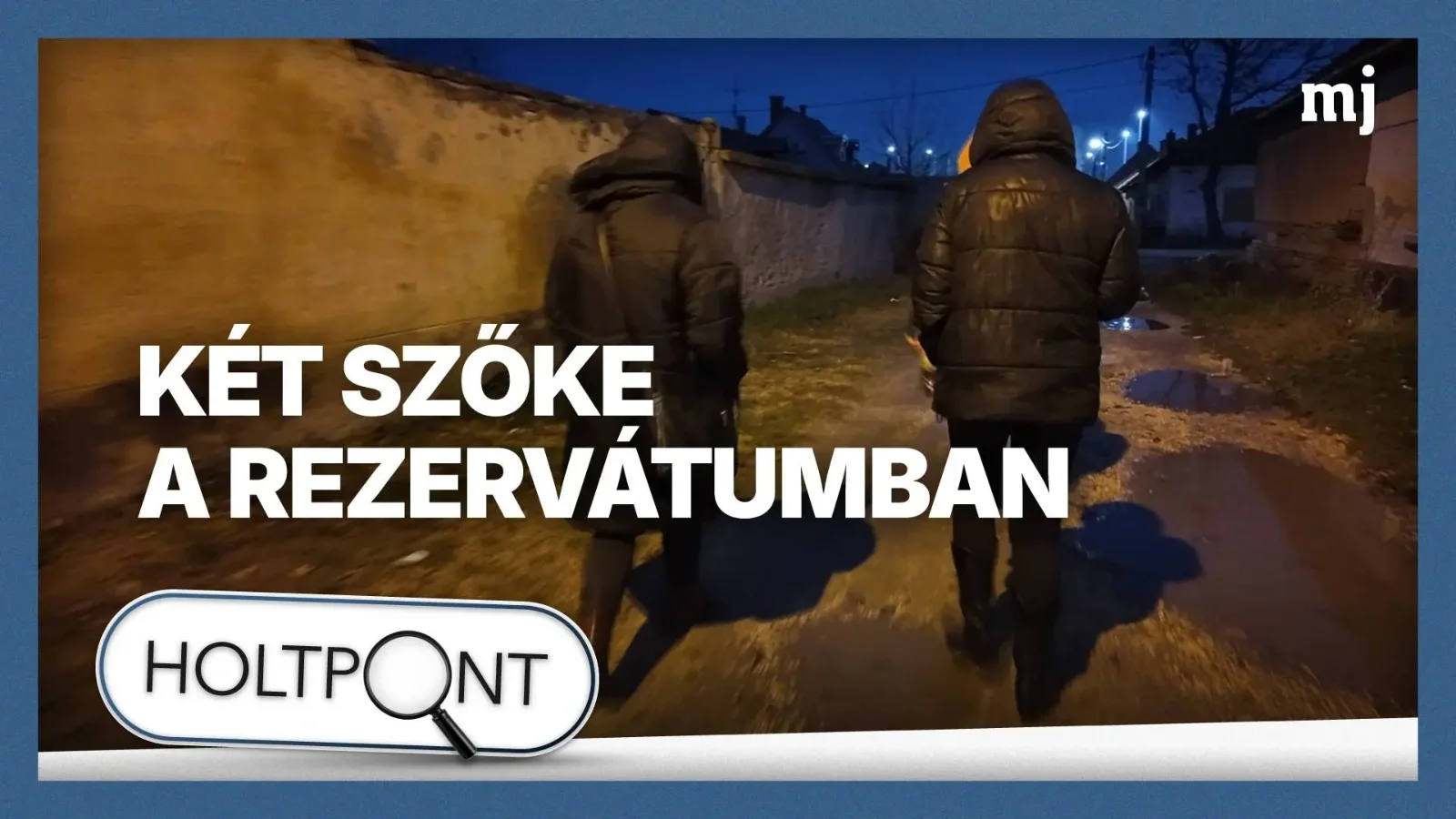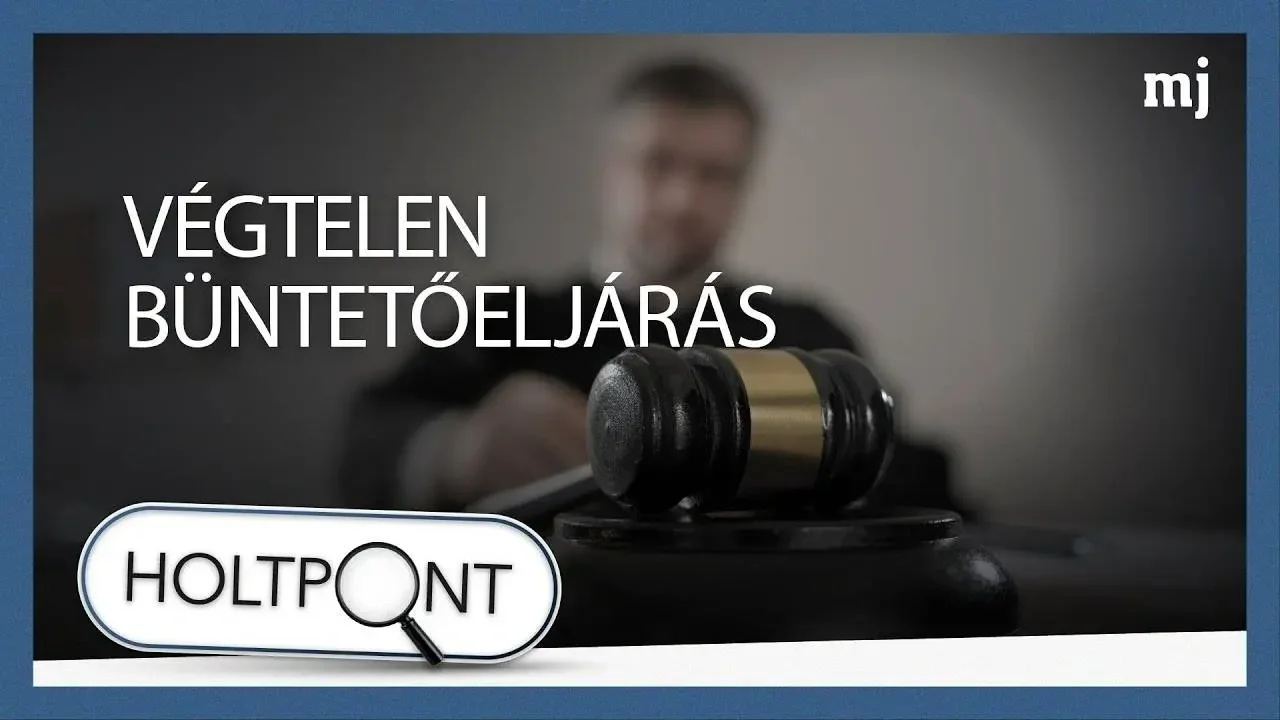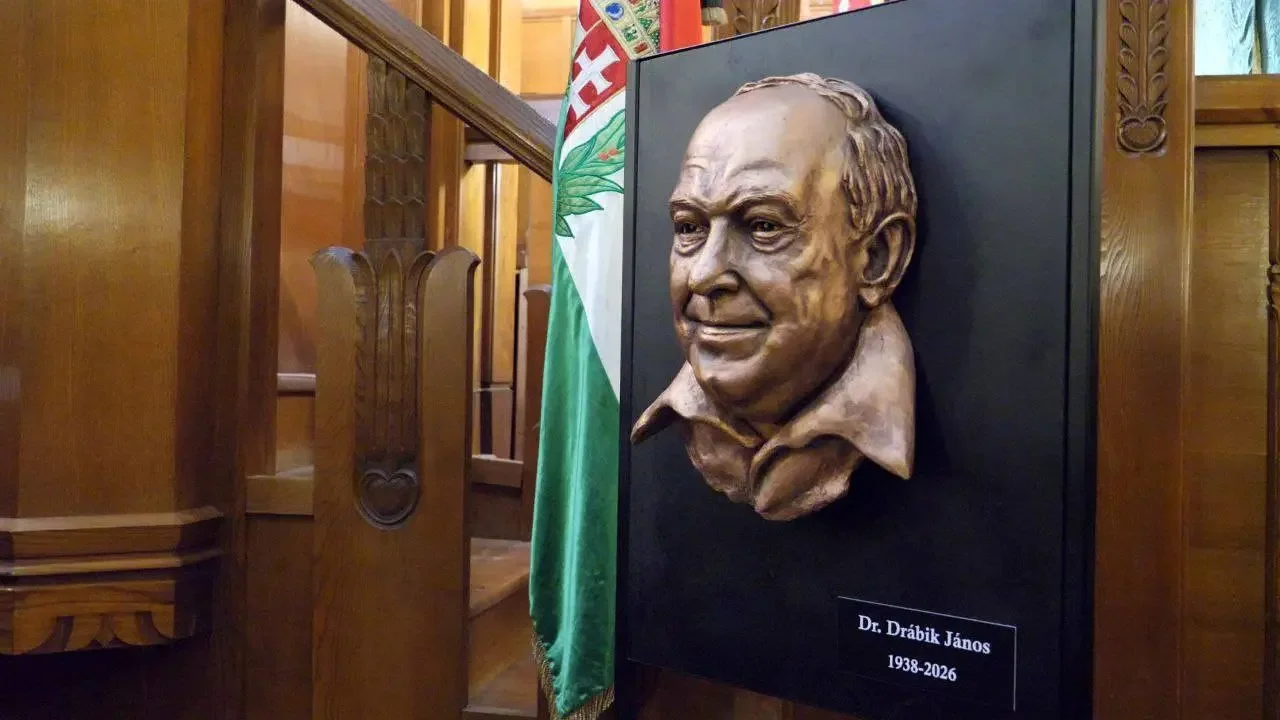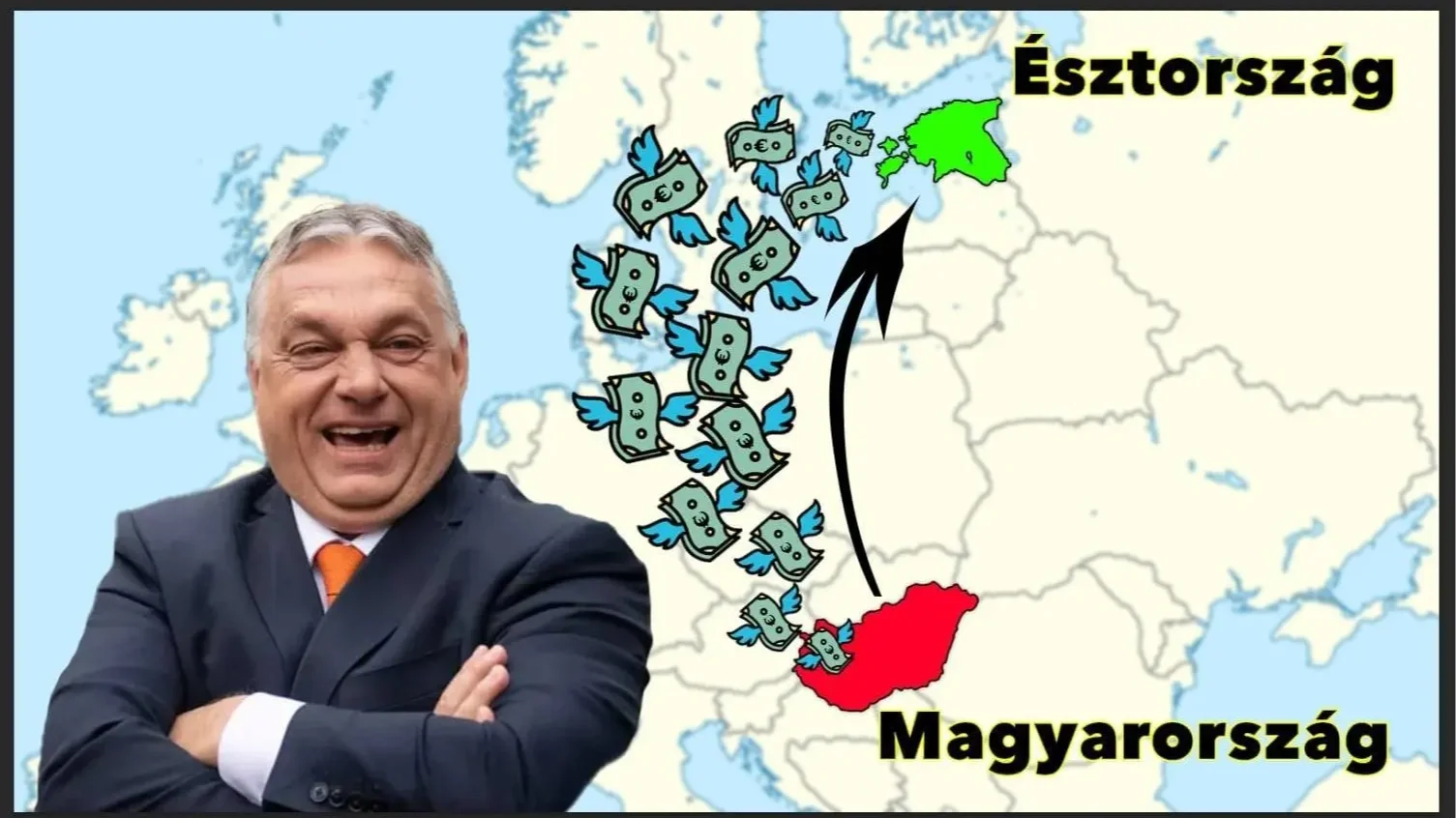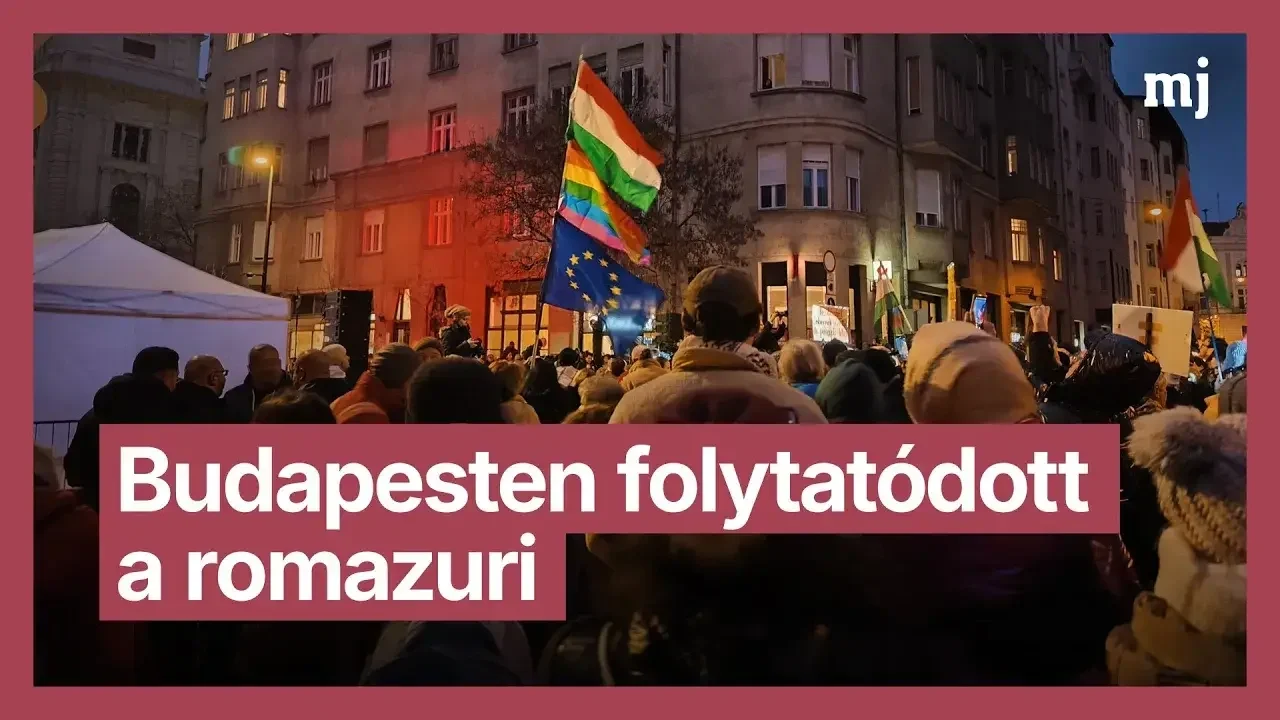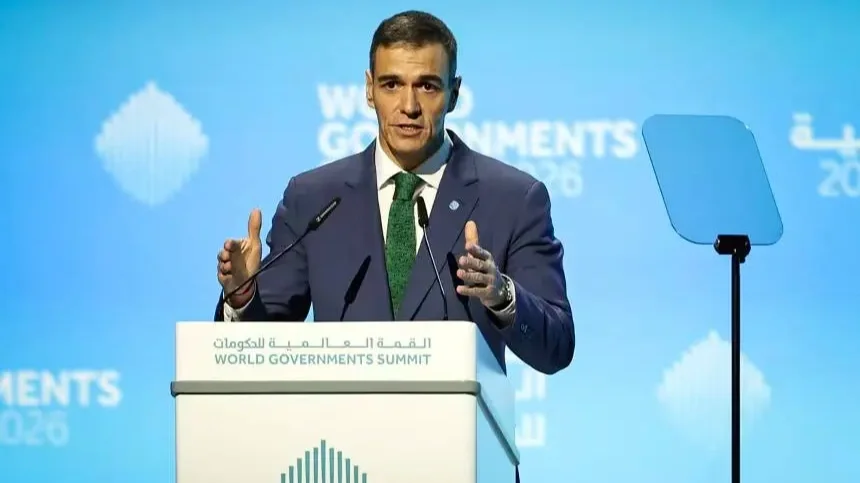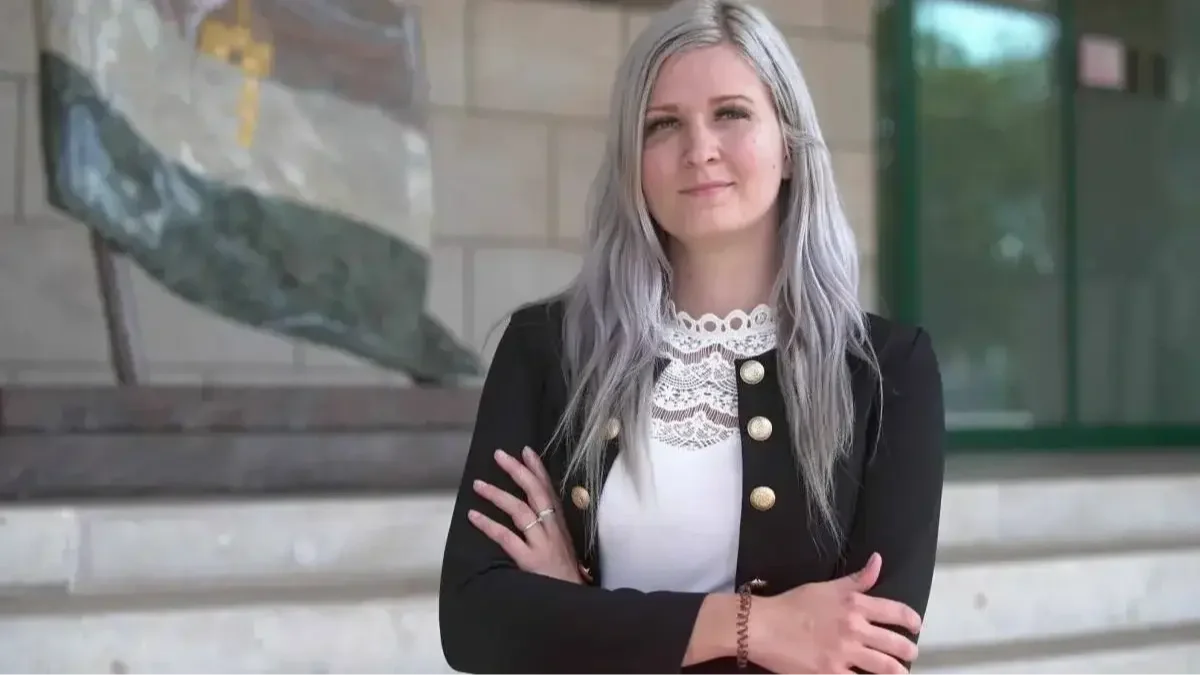András Koltay: By Blocking Toroczkai, Facebook Is Interfering in Political Competition
 Demokrata/T. Szántó György
Demokrata/T. Szántó György
Translation of an article originally published in Hungarian by Magyar Jelen on October 3, 2025 by Adame Donát.
An interview with András Koltay, legal scholar and chairman of the National Media and Infocommunications Authority as well as the Media Council, appeared in Demokrata magazine, discussing the problems of the digital world.
The conversation highlights many important aspects of digitalization, from children’s excessive screen time to the European Union’s submission to the prevailing zeitgeist. It also addresses the political dimension, which is perhaps one of the most controversial and hotly debated areas of the online world. Consider, for example, the Romanian presidential elections, where the most promising candidate was excluded under suspicious circumstances.
But we do not have to look to our neighbors for examples of online absurdities. Here in Hungary, too, the leader of a parliamentary party has suffered serious infringements of his rights and interests. András Koltay referred to his case during the interview.
Below, we publish the relevant section of the conversation as it originally appeared. The full article is available here.
– Even in politics, social media platforms now play an increasingly powerful role, sometimes even deciding elections.
– I have serious reservations about the DSA regulation I mentioned earlier, the EU’s Digital Services Act. It seems that the European Commission is less concerned with protecting users’ freedom of expression and more focused on ensuring that social media platforms are, in its view, “safe spaces.” The effectiveness of the tools the regulation provides to safeguard individual freedom is highly questionable.
– What kinds of options are we talking about?
– On the one hand, complaints can be submitted to the authorities, but the NMHH cannot act directly against the large platforms, since they are not based in Hungary. This means that in the case of American companies, we must forward such requests to Ireland. This rule has been in effect since February 2024, and although we have forwarded many cases since then, not a single one has been resolved. On the other hand, there is also the option of turning to an out-of-court dispute resolution forum. In Hungary, this is the Online Platform Dispute Resolution Council, established with the support of the NMHH. The problem is that, due to lobbying by the big tech companies, wording was inserted into the regulation stating that the decisions of these bodies are not binding on them.
Of course, there is also the judicial route, but that involves multi-year proceedings with little hope of success. Such cases are brought on the grounds of breach of contract, and their outcome is uncertain, since the contracts are drafted by the platforms themselves and users have no choice but to accept them. Under the DSA, if someone’s post is moderated or their account suspended, the platform must provide a justification. Yet these explanations are automatically generated and typically contain only a reference to a specific clause in the terms of service — entirely formal and devoid of substance. The EU seems content with this, even though such practices push freedom of expression toward conformism and place the power to decide what may be said in public in the hands of private corporations.
– We’re heading into a busy period as the election campaign begins in Hungary. Will we see more cases like this where nothing can be done?
– These platforms can influence access to content for political or commercial purposes, which becomes an even graver problem during election season. A notable example is László Toroczkai, chairman of the Mi Hazánk (Our Homeland) party, who, as a Hungarian political figure, has waged one of the most persistent battles against Meta for years after all his accounts were deleted. His lawsuit before the Hungarian court ended with partial success, yet Meta has still not complied with the judgment.
Now that Meta and Google have announced they will stop accepting political advertisements from October onward, the importance of organic reach has increased significantly. But if the leader of a legally operating parliamentary party cannot maintain a Facebook page, he has no opportunity for organic reach either. This creates a huge competitive disadvantage and constitutes interference in political competition. Other political actors may also be affected, making it a deeply troubling phenomenon.
– That’s troubling, and it really raises a serious sovereignty issue, doesn’t it?
– For centuries, the right to decide what may or may not be said within a country’s borders was determined by that country’s own laws and authorities, everywhere in the world. In Hungary as well, this struggle was fought to ensure that the balance would favor freedom, with limits applied only as necessary to protect individual rights or the community.
In a sense, that world has come to an end. In its place, a system has emerged in which global corporate giants now determine what can be published in public. This is clearly a question of sovereignty and autonomy — not specifically a Hungarian issue, but one faced by every European nation. Some may simply accept this as the natural order of things, while it happens to trouble us more.
Az X- és Telegram-csatornáinkra feliratkozva egyetlen hírről sem maradsz le!Mi a munkánkkal háláljuk meg a megtisztelő figyelmüket és támogatásukat. A Magyarjelen.hu (Magyar Jelen) sem a kormánytól, sem a balliberális, nyíltan globalista ellenzéktől nem függ, ezért mindkét oldalról őszintén tud írni, hírt közölni, oknyomozni, igazságot feltárni.
Támogatás


